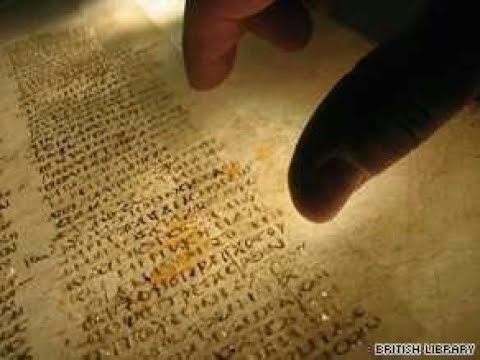Unveiling the Supernatural History of the Bible
Exploring the history of the Bible reveals its supernatural essence which is firmly believed by Christians worldwide. Let’s delve into why the Bible is considered the supernatural word of God and how historical evidence supports its authenticity.
The Divine Word of Jesus
Jesus, in John 17:17, declared, “Your word is truth,” emphasizing the divine nature of the Bible. His assertion in Matthew 24:35, “Heaven and Earth will pass away, but my words will not pass away,” underscores the eternal significance of the words spoken by Jesus.
Paul’s Affirmation
Paul, in 2 Timothy 3:16, affirms that all scripture is given by inspiration of God but despite challenges from the adversary, Christians are urged to hold onto the truth contained in the Bible.
Historical Evidence of Jesus’ Crucifixion
To substantiate the supernatural origin of the Bible, we turn to historical evidence, such as references in the Jewish Talmud. Notably, the three-hour darkness during Jesus’ crucifixion was documented globally by historians Phallus and Flagon which establishes Jesus as a historical figure.
Additional Historical Witnesses
Corroborating this, Roman historian Cornelius Tacitus and Jewish Pharisee Flavius Josephus both recorded Jesus’ crucifixion, further solidifying Jesus as a historical figure.
Manuscript Comparisons: Bible vs. Ancient Texts
Prolific Manuscript Transmission
Comparing ancient manuscripts, the Bible stands out with an overwhelming number of original manuscripts. The New Testament, with 25,366 manuscripts, surpasses all others, emphasizing its popularity and widespread transmission.
The Dead Sea Scrolls
The discovery of the Dead Sea Scrolls in 1947 provided additional evidence of the Bible’s accuracy. Preserved for centuries, these manuscripts confirm the faithful transmission of the Old Testament.
Manuscript Authenticity
Ancient manuscripts, such as the Azar Scroll dating back to 100 BC, attest to the authenticity of the Bible. The meticulous preservation of these manuscripts ensures that the Bible remains unchanged from its original text.
Archaeological Confirmation of Biblical Characters
Inscriptions and Burial Boxes
Archaeological findings, such as inscriptions on ossuaries, authenticate biblical characters. An inscription mentioning James, son of Joseph, and brother of Jesus was found in Jerusalem, supporting the biblical narrative.
Pontius Pilate’s Inscription
The discovery of a stone inscription in Caesarea, Israel, bearing the name of Pontius Pilate, confirms his historical existence as the prefect of Judea.
Caiaphas, the High Priest
Archaeological evidence includes a first-century ossuary with an inscription identifying Joseph, son of Caiaphas. This artifact, displayed in the Israel Museum, aligns with Josephus’s identification of Caiaphas as the Jewish high priest.
Conclusion
In conclusion, the supernatural history of the Bible is intricately woven with divine declarations, historical events, and archaeological confirmations. The Bible’s enduring truth and its impact on history make it a remarkable and therefore an unparalleled testament to the divine.
